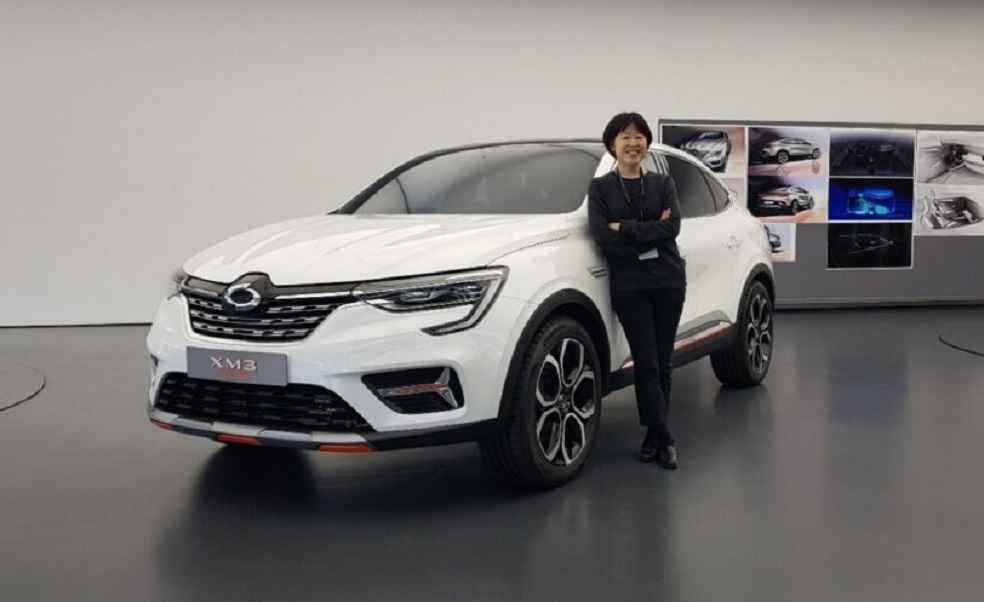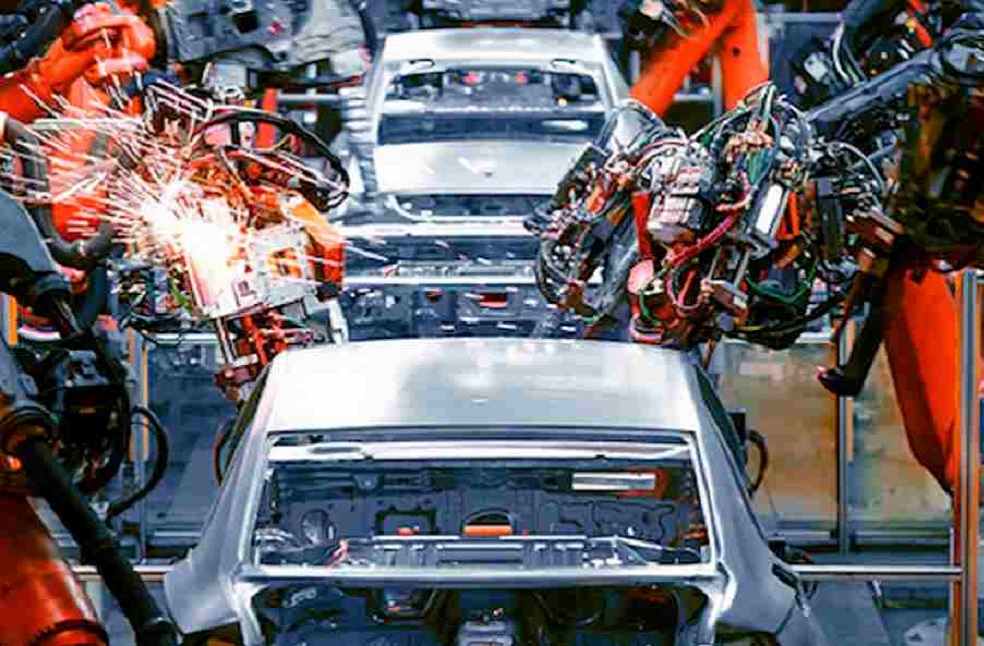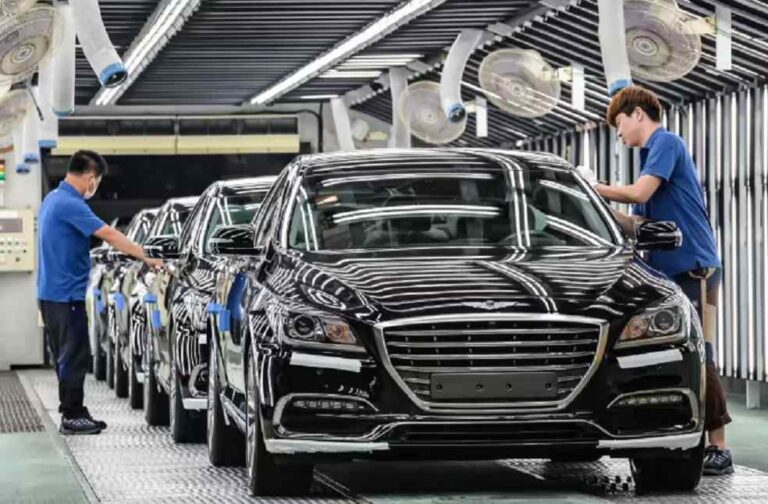The South Korean government will introduce a 3 trillion won (approximately $2 billion) emergency aid package to support its automotive industry in response to the United States’ newly imposed 25% tariffs on imported cars, officials confirmed on Sunday.
The tariffs, part of US President Donald Trump’s protectionist trade policy, aim to reduce trade deficits and boost domestic manufacturing. With automobile exports to the US accounting for nearly half of South Korea’s total vehicle shipments, the nation is among the most heavily affected.
The emergency aid plan is expected to be formally approved during a high-level ministerial meeting this week. Funds will be disbursed through state-run financial institutions, particularly the Korea Development Bank (KDB), via existing loan programs.

“The financial support will likely amount to around 3 trillion won, though the exact figure hasn’t been finalised,” an official from the Ministry of Economy and Finance said.
Beyond immediate relief, the government is advancing broader measures to buffer industries from global trade disruptions. Policy lenders, including KDB, are set to provide up to 248 trillion won in financial assistance throughout the year to support sectors undergoing restructuring and facing economic challenges.
As part of its long-term strategy, South Korea will also launch a 50 trillion-won strategic fund over the next five years aimed at fostering innovation in future mobility technologies—an area deemed crucial for maintaining global automotive competitiveness.

On Monday, the Financial Services Commission is scheduled to hold a meeting with top executives from major commercial and state-run banks to coordinate financial support for the affected automotive sector.
Cars remain South Korea’s leading export to the United States. In 2024, vehicle shipments to the US totaled $34.7 billion—nearly half of the nation’s total car exports.
However, analysts are warning of severe consequences for the industry. A report by the IBK Economic Research Institute projects a potential 18.6% decline in Korean car exports to the US under the new tariff regime.
Industry stakeholders are urging rapid government intervention and adaptive strategies from automakers to safeguard market share and competitiveness amid intensifying trade barriers.
NEW LAUNCH | Volkswagen Invests $580M in Argentina to Produce New Amarok by 2027





